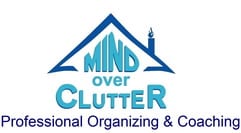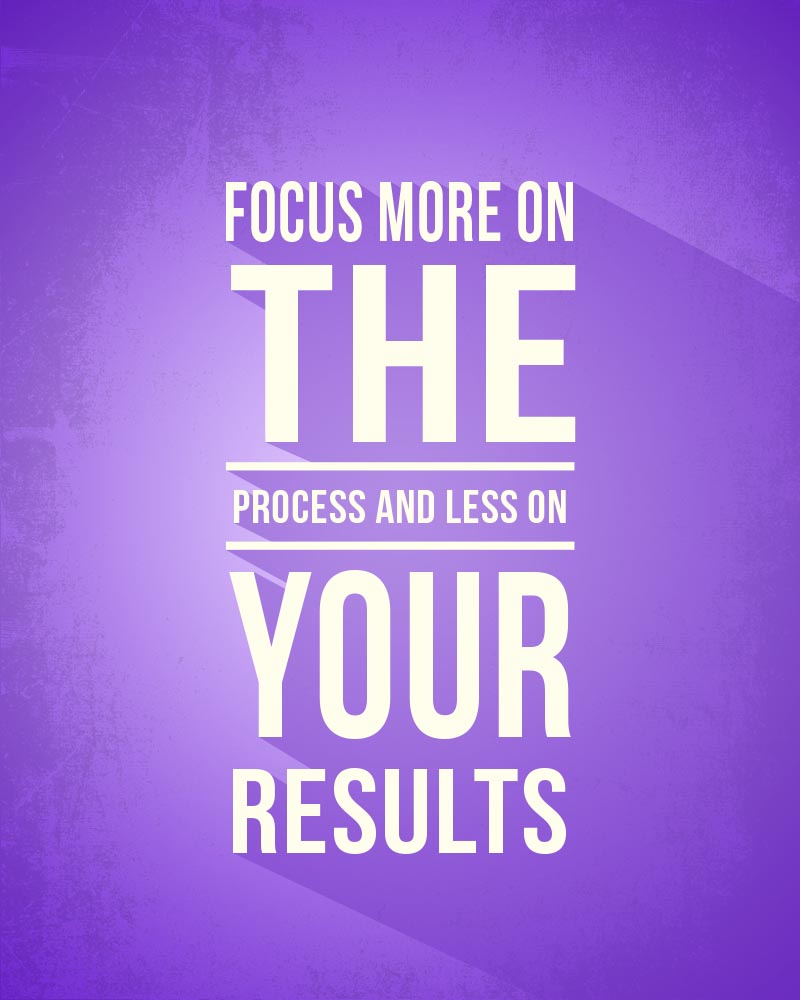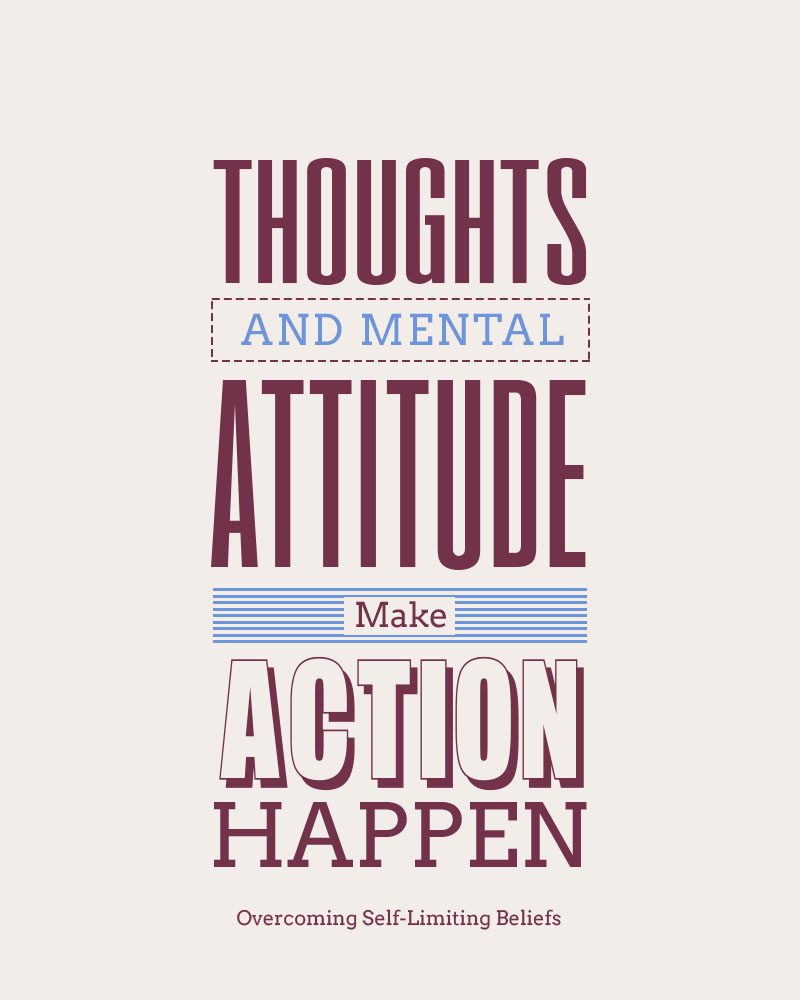Focus and Action Go Hand in Hand
What good is having focus if you don’t take any action? Conversely, if you take action without a focus, how will you know you are doing the right things? As you can probably surmise, focus and action go hand in hand.
This is the third blog in this series on taking action to be more productive. Here are the links to the other posts, 3 Secrets to Help You Take Action Now and Reasons Why You Should Become an Action Taker.
The concepts reinforce each other. Suppose you decide that you need to increase sales, or whatever your goal happens to be. You plan out the steps and use them to set your focus. Then, when you execute the plan by taking action, you will learn that your focus was correct. Or, you will learn that it didn’t work out for some reason and that you need to consider alternate plans.
The last sentence of the previous paragraph is important. Not everything you plan will work out and you need to keep that in mind. If you find something isn’t working out, and you don’t believe it is going to get any better, don’t hesitate to find something else. Otherwise, the focus-action loop will get stale, and you will get frustrated. This is a negative reinforcement that will only serve to help you fail.
Failure is part of the process. Your actions should be iterative along with measures of what is happening. It can’t hurt to have alternative plans defined at the beginning of the cycle if that is possible. If not, just determine those alternatives when they make sense.
When you continue in this manner, you will find your focus is more intense. This is because you believe the actions you take will lead you to the desired results and you’ll shift your focus if it doesn’t.
If you need to extend this entire concept to a team, make sure they understand that the possibility of failure exists. This will help you guide them to different paths. Of course, if a few of the team members are not doing their part, this is another path you will need to deal with. These members may not be clear on the benefits of the plan. When that happens, they will lose focus, and they won’t be able to take action. Or, the actions they do take will not coincide with what the team is trying to deliver.
When you approach your goals in this way, you will likely excel at your job or business. You’ll have a renewed sense of purpose and you will bring the business to new heights.
Let’s work together to help you take action on your goals.
 Julie Stobbe is a Trained Professional Organizer and Lifestyle Organizing Coach who brings happiness to homes and organization to offices, coaching you virtually using Zoom. She has been working with clients since 2006 to provide customized organizing solutions to suit their individual needs and situations. She uses her love of teaching to reduce clutter, in your home, office, mind and time. She guides and supports you to be accountable for your time, to complete projects and to reach your goals. If you’re in a difficult transition Julie can coach you to break-free of emotional clutter constraining you from living life on your terms. Online courses are available to help instruct, coach and support your organizing projects. Get started by downloading Tips for Reorganizing 9 Rooms.
Julie Stobbe is a Trained Professional Organizer and Lifestyle Organizing Coach who brings happiness to homes and organization to offices, coaching you virtually using Zoom. She has been working with clients since 2006 to provide customized organizing solutions to suit their individual needs and situations. She uses her love of teaching to reduce clutter, in your home, office, mind and time. She guides and supports you to be accountable for your time, to complete projects and to reach your goals. If you’re in a difficult transition Julie can coach you to break-free of emotional clutter constraining you from living life on your terms. Online courses are available to help instruct, coach and support your organizing projects. Get started by downloading Tips for Reorganizing 9 Rooms.
Contact her at julie@mindoverclutter.ca




Great post; I agree with you when you said, “You plan out the steps and use them to set your focus. Then, when you execute the plan by taking action, you will learn that your focus was correct. Or, you will learn that it didn’t work out for some reason and that you need to consider alternate plans.” Planning and executing are skills that can be learned over time. Not all steps will be perfect and work well. You may not be able to determine the steps and get it right the first time, especially if it is a different type of goal you have never done before. Being understanding to oneself is essential through this process. It’s OK if tweaks need to happen along the journey.
You explained that so well. That is exactly how I feel about projects. You start which can be the problem for many people, and adjust as you go. Letting go of a “bad” plan is another stumbling block for others. Finally executing which is the third stumbling block of theprocess to get to thegoal you want. Adaptation at all steps is the key to success.
I like what you said about things not always working out. Sometimes we have to stop, assess our progress, and evaluate what we are doing. If it’s not working, figure out the reason, tweak your plan, and get going again. It’s more about the journey and the attention paid to the process.
Allowing people to make mistakes goes a long way in helping them to develop skills. Thanks for the reminder!
Most people don’t want to share the miskates they made because they feel they have failed. Insteadd feel like you have learned something new and be happy you now know how to change and continue.
What I love about focusing more on the process than on the results is that is keeps me focused on what I can control. I can’t always control results, because other factors beyond my control may be a part of what actually ends up happening. But I can control my input, my thoughts, my choices, my habits, etc. In time, if I keep refining my process, I am likely to land on one that gets the best results I can, regardless of what others may say or do.
I love that sentiment. Focusing on the part you have control of keeps you moving forward. As results happens you can adjust the process. Evaluating what the “nay sayers” tell you is important. They are not always right. Go with your gut.
You hit the nail on the head by pointing out that some things (even when they are well-planned) just don’t work out because of unanticipated variables. The only way to move forward is to retrench rather than pushing on blindly (which is what so many people do, working “harder” rather than “smarter”). When there’s never any failure, it’s probably not down to being a perfect planner, but not stretching enough to find the limits of the plan, or of one’s ability.
And I couldn’t agree more with focusing more on the plan than on the results. We can’t control the result, but we can control what we do to try to get the result!
Thank you for your comment. Stretching your plan and yourself will lead to mistakes. After all you have never done it before how can you be perfect.